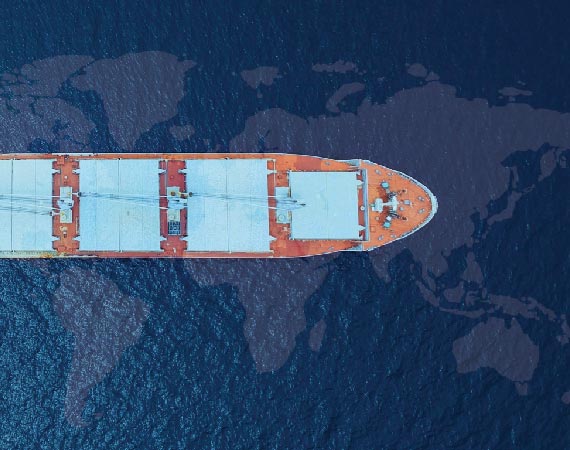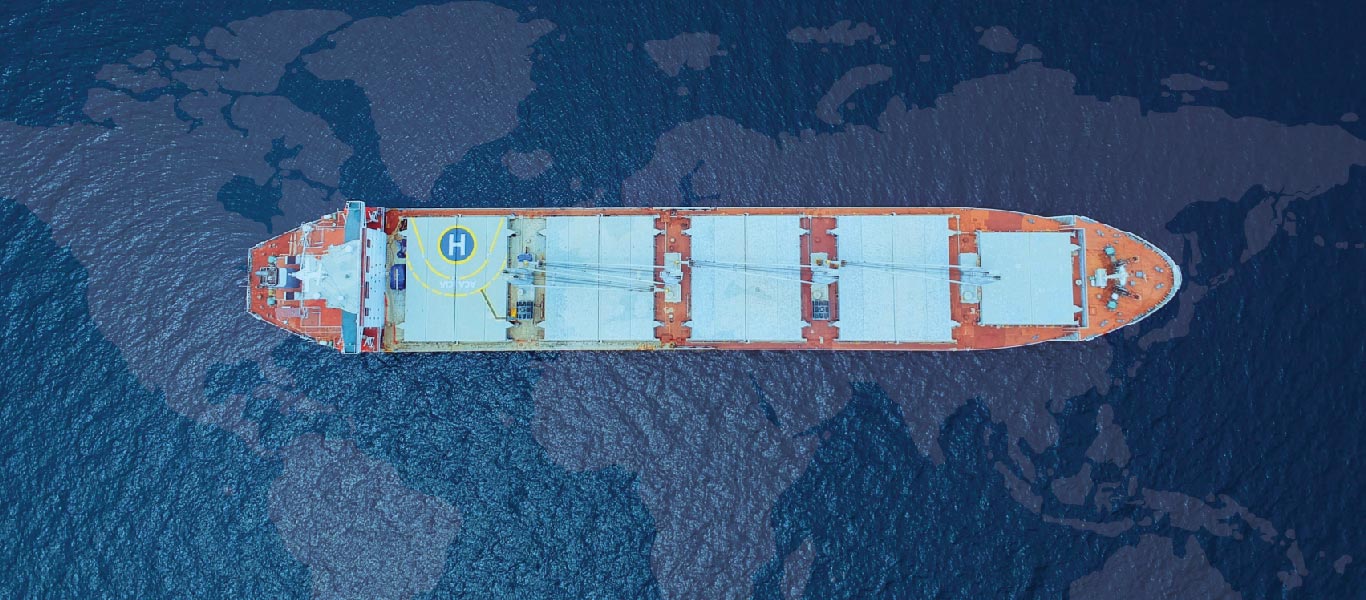
The maritime industry faces a wave of regulatory changes in 2025, many of which stem from agreements and policies adopted in prior years.
These updates reflect global efforts to tackle climate change, enhance sustainability, and improve maritime safety. Here’s an overview of key regulations and why they are significant this year.
Key Changes Coming into Force in 2025 –
Revised IMO GHG Strategy
The International Maritime Organization (IMO) revised its greenhouse gas (GHG) reduction targets in 2023 to align with global climate goals. These new targets, applicable from 2025, aim to cut GHG emissions by at least 20% by 2030 and 70% by 2040, compared to 2008 levels, with a long-term goal of net-zero emissions by 2050.
Life Cycle GHG Intensity Guidelines
Also introduced in the 2023 IMO session, these guidelines measure the full environmental impact of marine fuels, from production to end-use. Mandatory reporting begins in 2025, providing transparency and accountability for the entire shipping supply chain.
FuelEU Maritime Regulation
From January 1, 2025, ships over 5,000 GT calling at EU ports must comply with new fuel emissions standards. The regulation, part of the EU’s Fit for 55 package, incentivises the transition to cleaner fuels like LNG, biofuels, and hydrogen-based alternatives.
Particularly Sensitive Sea Areas (PSSA) in the North-Western Mediterranean
Designated to protect marine ecosystems and biodiversity, this regulation introduces speed limits, mandatory routeing measures, and collision reporting requirements in this region starting in 2025.
Ballast Water Management Record Books
Electronic record-keeping requirements under the Ballast Water Management Convention come into force in mid-2025, streamlining compliance and ensuring better monitoring of ballast water treatment.
2025-Specific Developments –
UN High Seas Treaty
The treaty enters into effect in 2025, targeting 30% ocean protection by 2030. It includes new frameworks for managing biodiversity and resources in international waters.
UK Emissions Trading Scheme
From 2025, domestic shipping must begin preparing to report CO2 emissions under the UK’s scheme, which fully applies from 2026.
Amendments to MARPOL for the Red Sea and Gulf of Aden
New anti-pollution measures in these regions, including stricter controls on oil and garbage discharge, will take effect in May 2025.
Why These Regulations Matter
These updates require shipping companies to rethink operations, adopt cleaner technologies, and implement stricter monitoring systems. For example:
The revised GHG targets and FuelEU Maritime regulation will push the adoption of alternative fuels and energy-efficient technologies, though they may increase costs.
The UN High Seas Treaty encourages global collaboration in ocean protection, presenting both challenges and opportunities for maritime stakeholders.
Ballast water and biofouling amendments highlight a growing focus on invasive species and marine life preservation.
Looking Ahead
2025 marks a critical year for maritime compliance as several long-discussed policies take effect. Staying ahead means investing in greener technologies, training crews on new compliance requirements, and fostering innovation to meet rising expectations.
With the regulatory landscape evolving rapidly, preparation is key to staying competitive and sustainable in the year ahead.

